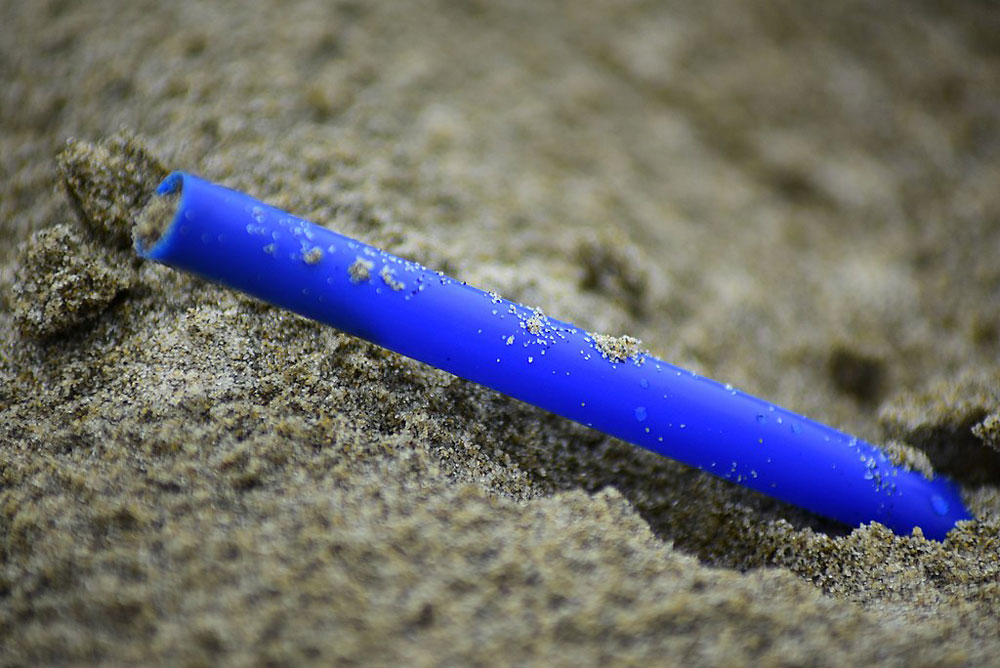
June 10, 2019; The Guardian
Canadian Prime Minister Justin Trudeau announced on Monday that his country would ban single-use plastics by 2021. Canada joins the European Union (EU), India, Chile, Peru, and other states and countries who have made broad moves to curb plastics pollution.
Canada has the world’s longest coastline, over 150,000 miles, and a quarter of the world’s fresh water, but Trudeau said plastics pollution was “at a point when we take our kids to the beach and we have to search out a patch of sand that isn’t littered with straws, Styrofoam, or bottles. That’s a problem, one that we have to do something about.”
Experts said the exact parameters of the ban, which have yet to be established, will likely mirror those the European Union established for itself in March. According to Jordan Davidson at EcoWatch, “The EU’s aggressive move to curb plastic usage not only placed a ban on single-use items, but also took aim at plastic producers, holding them responsible for the cost of waste management and clean up. The member states will have to clean up 90 percent of plastic bottles by 2025.”
Sign up for our free newsletters
Subscribe to NPQ's newsletters to have our top stories delivered directly to your inbox.
By signing up, you agree to our privacy policy and terms of use, and to receive messages from NPQ and our partners.
Vito Buonsante, Plastics Program Manager at Environmental Defence, a Canadian environmental advocacy organization, said in a statement, “The plastics crisis cannot be solved by voluntary measures…This is the start of a process. We expect that the plastics industry will be doing everything in their power to water down these regulations, limit the ban list and lower the collection targets. It’s vital that the government doesn’t let that happen.”
Canada and the EU have been frequent partners on the issue of fighting ecological disasters related to pollution and climate crisis, more so after the US backed out of the Paris accords. That hasn’t stopped individual states like Maine and Maryland from taking action to ban things like Styrofoam, but it does put a damper on unilateral action by the world’s largest polluters. The Guardian credited China’s attempt to cut down on its plastic by halting waste import with the sudden moves by Western nations.
As the clock runs down on humanity’s opportunity to lessen the impact of the climate crisis, groups like Extinction Rebellion have been calling for drastic, immediate action to change the way humans interact with natural resources. Mary Annaïse Heglar, director of publications at the Natural Resources Defense Council, recently wrote that while individual behaviors like recycling and eating vegan are helpful, it’s really institutions like fossil fuel companies and governments that can make significant impacts on the planet—which makes Canada’s move an appropriate one.
But as Heglar points out, this is the starting line, not the finish.—Erin Rubin













